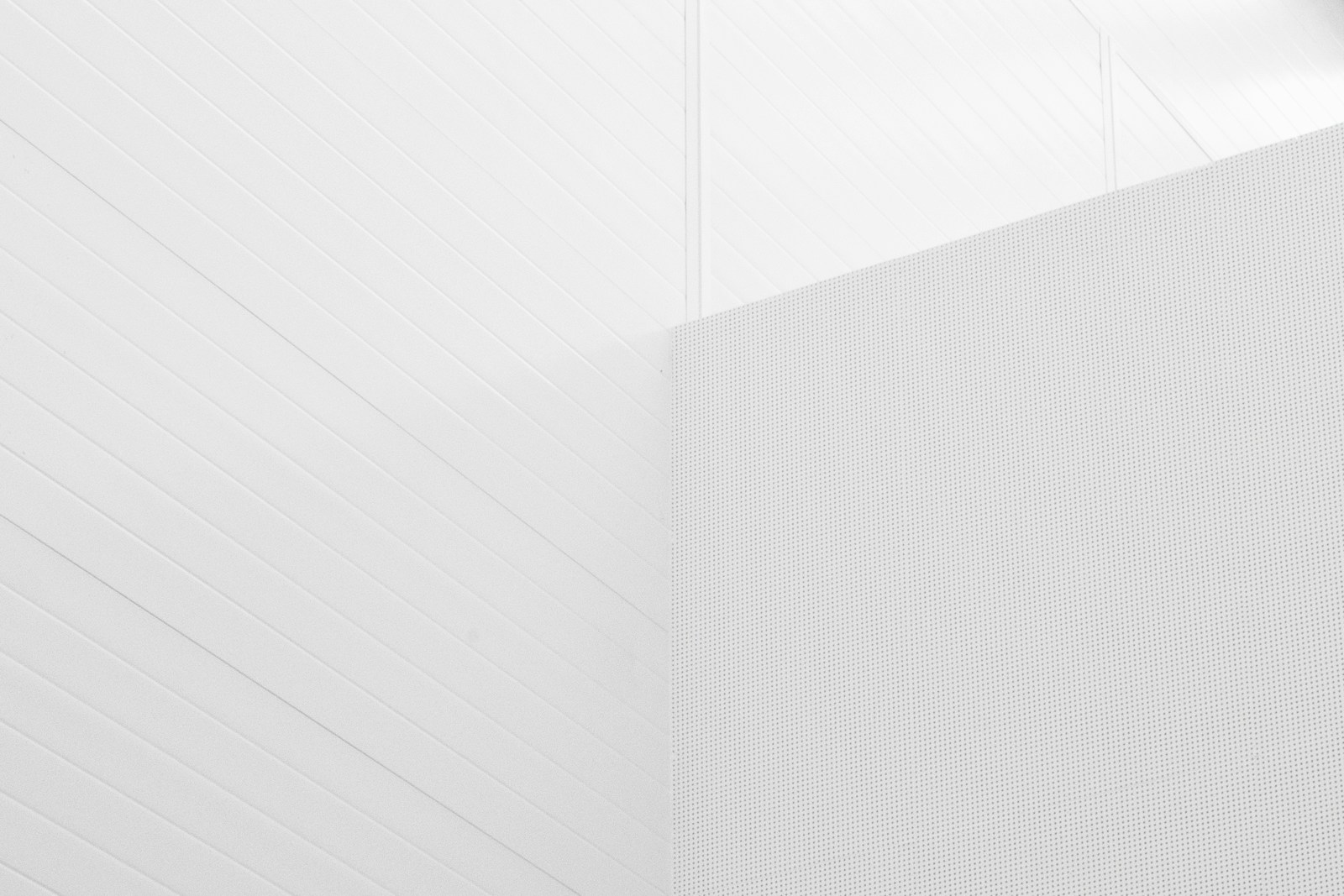Welcome to the world of minimalism! If you’re new to this lifestyle, you might be wondering what all the fuss is about. Minimalism isn’t just about decluttering your closet or simplifying your home—it’s a way of living that focuses on what truly matters and helps you cut through the noise of modern life. In this beginner’s guide, we’ll explore the core principles of minimalism and how you can start integrating them into your life.
At its heart, minimalism is about intentionality. It encourages us to be deliberate about our choices and prioritize quality over quantity. This means evaluating what we truly need and value, rather than simply accumulating possessions and commitments out of habit. By focusing on what’s essential, minimalism aims to reduce stress and increase our overall well-being.
1. Less Is More
One of the most recognizable principles of minimalism is the idea that less is more. This doesn’t just apply to physical possessions but also to activities and commitments. The goal is to pare down to what brings you genuine joy and satisfaction. For instance, consider your wardrobe: by owning fewer, high-quality pieces that you love, you simplify your decision-making process and reduce clutter.
2. Intentional Living
Intentional living is a cornerstone of minimalism. It’s about making conscious choices that align with your values and goals. This means being thoughtful about how you spend your time and energy. Instead of filling your calendar with activities that don’t truly resonate with you, focus on those that enrich your life and support your personal growth.
3. Quality Over Quantity
Minimalism promotes the idea of investing in quality over quantity. This principle applies to everything from the clothes you wear to the food you eat. By choosing well-made, durable items and high-quality experiences, you not only reduce waste but also enhance your overall satisfaction. This shift helps you build a more meaningful and sustainable lifestyle.
4. Simplify and Declutter
While minimalism isn’t solely about decluttering, reducing physical and mental clutter is a significant part of the process. Start by evaluating your possessions and identifying what you truly need and value. Decluttering your space can lead to a more organized and serene environment, making it easier to focus on what really matters.
5. Embrace Mindfulness
Minimalism encourages mindfulness—the practice of being present and fully engaged in the moment. By embracing mindfulness, you become more aware of your consumption patterns, habits, and emotional responses. This awareness helps you make more intentional choices that align with your minimalist goals.
6. Focus on Experiences, Not Things
Lastly, minimalism shifts the focus from accumulating possessions to valuing experiences. Research shows that experiences, such as travel or time spent with loved ones, often bring more lasting happiness than material goods. By prioritizing experiences, you enrich your life and create lasting memories.
In essence, minimalism is about living with purpose and clarity. By understanding and applying these principles, you can start your journey towards a simpler, more intentional life. Welcome to the minimalist lifestyle—where less truly becomes more.
